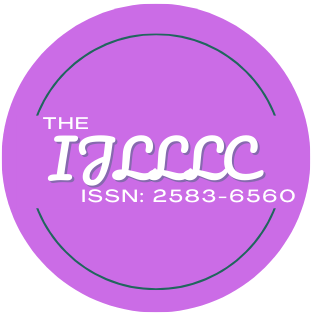Abstract:
If the biography is a narrative type with an unimaginable reference basis, the feminist autobiography is a narrative type with a reference basis, in which the author is a woman who admits and does not imagine, as if it were unnecessary to differentiate it from the masculine autobiography, or because the latter is the dominant and the more productive, or because the human being is a terrestrial being, that has no gender. The author can be a man or a woman. However, the work remains described as a non-specialized autobiography. It is not difficult to differentiate between a male autobiography and a female autobiography, but it would be in favor of the first, the second of which appears to be subordinate to it.
The autobiography was defined as a literary genre in ancient Arab literature more than a thousand years ago, and until recently it was a purely male literary genre, if we exclude some narratives of female autobiographies that we received mostly through oral narration. The autobiography in modern Arabic literature is not considered an extension of the ancient Arabic autobiography as much as a tradition of Western models of autobiography. In Saudi culture, the autobiography is still unknown as much as the novel or the story and the play, and to be common it took enough time to emerge from the cycle of contempt, whether as a produced text or a receptive text.
After the expansion of ceiling of the Saudi woman’s empowerment in public and private life, and the rise in the level of confidence in her role and her strong presence in the joints of life, indications regarding the unveiling of reservations about autobiographical projects began to loom and emerge. Decades ago, the Saudi woman writer’s contributions to autobiographical writing could have been described as scarce, but in this and the coming period, the women writers will seek to engage themselves in autobiographical writing with conviction. They have introduced works that are worth reading. The autobiographies by Fawziya Abu Khalid, Khulood Al-ʿAjab, Rim Al-Nakheesh, Amal Al-Tamimi, Huda Al-Dagfaq, Omaima Al-Khamis, Laila Jahni, Badiʿā Kashgari, Maram Makkawi and many others. However, the question of some of them resorting to writing their own autobiographies as separate texts is not exclusive only to the author but also the men writers, as the writer prefers to benefit from himself in the making of stories and novels on which to rely. |
